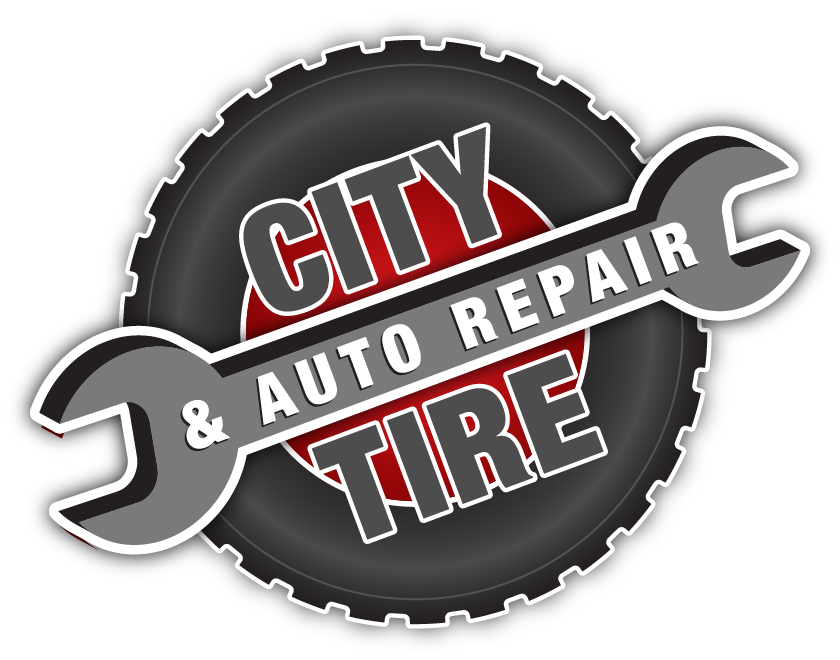The Environmental Benefits of Appropriate Tire Maintenance
Keeping proper tire treatment is frequently forgotten, yet its impact on the setting is extensive. Appropriate tire upkeep not only prolongs the life-span of tires but likewise decreases land fill waste and contributes to boosted air high quality.
Reduced Gas Usage
Improving tire upkeep methods can result in a substantial decrease in gas consumption for automobiles. tire tracks morris il. Properly inflated tires guarantee optimal contact with the roadway surface area, reducing rolling resistance and enhancing gas efficiency. According to the U.S. Division of Power, underinflated tires can decrease gas mileage by 0.2% for every 1 psi decrease in stress in all 4 tires. This may look like a tiny percentage, however when increased by the number of vehicles when traveling, the cumulative effect is considerable.
Along with tire pressure, regular tire rotations and placements additionally play an important role in gas performance. Erratically used tires can enhance gas consumption as the engine functions harder to preserve speed and traction. By preserving appropriate placement and rotating tires at advised periods, chauffeurs can guarantee also wear and lengthen the life of their tires, eventually saving fuel and minimizing their carbon footprint.
Extended Tire Life Expectancy
Prolonging the life-span of tires is a crucial aspect of effective automobile upkeep practices that can yield price savings and ecological benefits in the future. By effectively keeping tires, vehicle drivers can significantly extend their use, reducing the regularity at which new tires need to be made and old ones dealt with. This not just saves useful resources yet likewise minimizes the power and discharges linked with tire production and disposal procedures.
On a regular basis checking tire stress, rotating tires, and making sure proper placement are necessary steps in expanding tire life expectancy. Ample walk deepness is critical for ideal grip and safety, yet it likewise contributes in how much time tires can be used before needing substitute. In addition, preventing hostile driving behaviors that speed up tire wear, such as rough braking and doglegs, can further improve tire sturdiness.
Ultimately, raising the longevity of tires with positive upkeep not just benefits the environment by minimizing waste and preserving resources however additionally leads to cost financial savings for lorry proprietors by delaying the need for brand-new tire purchases.
Lower Exhausts Output
Efficient tire upkeep techniques contribute to a decrease in emissions result, aligning with ecological sustainability goals in the vehicle industry. Properly inflated tires, frequently revolved and straightened, can enhance gas effectiveness, thus decreasing the overall carbon dioxide exhausts from automobiles. When tires are underinflated, the engine should work harder to thrust the vehicle, resulting Your Domain Name in boosted gas usage and greater emissions. By keeping optimal tire stress levels, chauffeurs can assist alleviate these adverse environmental impacts.
In addition, well-kept tires also improve grip and decrease rolling resistance, additionally improving fuel efficiency. This, subsequently, lowers the quantity of exhaust gases released right into the environment. Additionally, making sure tires are appropriately inflated and straightened can extend the life-span of the tires, reducing the regularity of tire replacements and the connected environmental expenses of tire manufacturing and disposal.

Reduced Landfill Waste
Provided the positive impact of proper tire maintenance on reducing discharges outcome, one more considerable environmental advantage is the capacity for lowered landfill waste. By ensuring that tires are correctly pumped up, lined up, balanced, and rotated frequently, their life-span can be substantially prolonged.

Improved Air Quality
Enhancing air top quality with appropriate tire maintenance practices is a crucial element of lasting ecological stewardship. When tires are underinflated, they create much more rolling resistance, bring about enhanced fuel consumption and greater discharges of dangerous contaminants such as carbon monoxide gas and nitrogen oxides. Effectively inflated tires not only improve gas performance however likewise lower the amount of contaminants launched into the air.
Furthermore, well-kept tires with appropriate tread deepness and alignment add to more secure motoring conditions, lowering the possibility of accidents that can cause the launch of extra toxins into the ambience. By prolonging the lifespan of tires with regular maintenance and rotation, fewer tires are thrown out too soon, lowering the ecological influence of tire disposal and production processes.
Conclusion
In verdict, appropriate tire maintenance offers various ecological benefits. It is necessary for people to prioritize tire maintenance as a her response straightforward yet effective method to safeguard the atmosphere for future generations.
Correct tire maintenance not only prolongs the life-span of tires but also lowers landfill waste and adds to enhanced air high quality - tire shop near me. By maintaining appropriate positioning and turning tires at advised periods, vehicle drivers can ensure even wear and extend the life of their tires, ultimately conserving gas and lowering their carbon footprint
By properly maintaining tires, motorists can significantly extend their functionality, decreasing the frequency at which brand-new tires need to be manufactured and old ones disposed of.Regularly examining tire pressure, rotating tires, and guaranteeing correct placement are vital actions in prolonging tire lifespan. In addition, ensuring tires are properly pumped up and lined up can extend the life-span of the tires, minimizing the frequency of tire substitutes and the connected ecological costs of tire manufacturing and disposal.